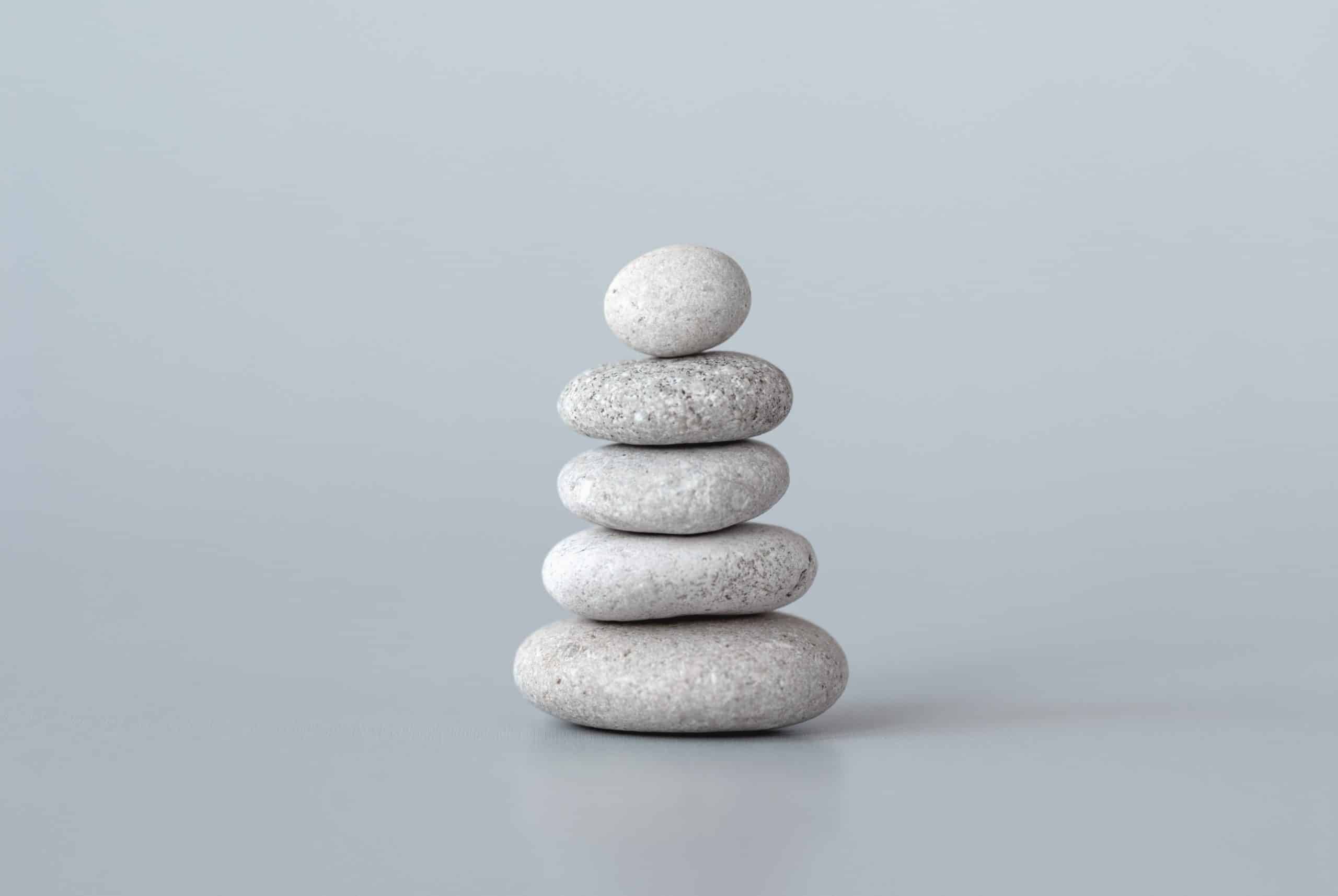How Do Tai Chi Practices Enhance Balance and Prevent Falls in the Elderly?

Few can dispute the importance of staying active and healthy. The benefits run the gamut from boosting one’s mental well-being to enhancing physical prowess. However, as we venture into our golden years, staying active becomes more than just a means to maintain health or physique. It is also crucial for averting risks associated with old age, such as falling. This is where Tai Chi, an ancient Chinese martial art, comes in. Known for its slow and deliberate movements, Tai Chi has been proven to significantly improve balance and reduce the risk of falls among older adults. But how does it accomplish this feat?
In this article, we delve into the role of Tai Chi in promoting better balance and minimizing falls in the elderly. We also examine scholarly articles and PubMed studies and extrapolate on the findings. Remember, the knowledge you gain today may end up being the crucial difference between a healthy and a hazardous future.
Cela peut vous intéresser : What Effect Does Drinking Kefir Have on Lactose Intolerance Management?
Unraveling the Connection Between Tai Chi and Balance
Understanding the link between Tai Chi and balance requires us to first understand the concept of Chi. In Chinese culture, ‘Chi’ refers to the ‘life force’ or ‘energy flow’ that permeates everything in the universe, including our bodies. It’s believed that when our Chi is flowing smoothly, we experience good health, whereas blockages or imbalances can lead to health issues.
In the context of Tai Chi, the practice involves a series of movements and postures designed to help participants cultivate their Chi, thereby promoting health and well-being. This practice not only improves physical strength but also enhances critical components such as balance and coordination.
A lire également : Can Incorporating Mindfulness-Based Stress Reduction Improve Surgical Recovery?
Several studies referenced on PubMed and Google Scholar confirm Tai Chi’s positive effect on balance in older adults. For instance, a study published in the Journal of American Geriatric Society found that older adults practicing Tai Chi for twelve weeks significantly improved their balance, reducing their fall risk by up to 55%.
Tai Chi: A Powerful Tool in Fall Prevention
There’s a compelling reason why falls are feared among the elderly. They are the leading cause of fatal and non-fatal injuries for older Americans, according to the Centers for Disease Control and Prevention. Hence, fall prevention is not just a matter of maintaining independence but also of life and death.
Tai Chi has emerged as an effective intervention for fall prevention in older adults. It improves proprioception, or the sense of the relative position of body parts, thus enhancing balance and coordination. By increasing strength, flexibility, and overall physical function, the exercise also decreases the chances of fall-related injuries.
A meta-analysis published on PubMed reviewed multiple studies on Tai Chi and fall prevention. The review found that Tai Chi significantly reduced the incidence of falls and the risk of falling among older adults. Furthermore, these benefits were not confined to just the duration of the Tai Chi program but persisted well beyond the completion of the exercises.
Overcoming the Fear of Falling with Tai Chi
Living with a fear of falling can be detrimental to an older adult’s quality of life. It can lead to a loss of confidence, social isolation, and a decreased sense of independence. However, Tai Chi can help mitigate this fear.
Most notably, a study on Google Scholar found that elderly participants who engaged in Tai Chi experienced a significant decline in the fear of falling. This reduction was closely associated with improved balance and decreased fall rate, highlighting the extensive benefits of Tai Chi.
Tai Chi: A Group Exercise with Multiple Health Benefits
While Tai Chi offers significant benefits in balance control and fall prevention, its advantages are not limited to these areas alone. This group exercise also provides a host of other health benefits.
For instance, Tai Chi improves cardiovascular fitness, reduces blood pressure, aids in stress and pain relief, and enhances overall mood and well-being. It’s low-impact and safe for people of all ages and fitness levels, making it an ideal exercise for the elderly.
Embracing Tai Chi: A Call to Action
Given the mounting evidence of Tai Chi’s benefits in enhancing balance and preventing falls, its adoption among older adults should be strongly encouraged. Health professionals should consider recommending Tai Chi to their elderly patients as a safe, effective, and enjoyable way to stay active and healthy.
With Tai Chi, we’re not just looking at an exercise regime. We’re observing an intervention that can significantly improve the quality of life for older adults, reducing their fear of falling and in turn, elevating their sense of independence and well-being. While it’s never too late to start, the sooner the practice is adopted, the better the potential outcomes. So, if you haven’t already, consider integrating Tai Chi into your exercise routine. You just might find your balance in more ways than one.
The Scientific Backbone of Tai Chi: An In-depth Look into Studies and Findings
The health benefits of Tai Chi, particularly for older adults, are backed by a wealth of research. A review of various scientific studies on Google Scholar, PubMed, and other databases reveals a consistent correlation between Tai Chi and improved balance, as well as reduced fall risk in the elderly.
In one such randomized controlled trial published in the Journal of the American Geriatric Society (JAGS), it was found that Tai Chi Chuan, the most popular form of Tai Chi, played a significant role in promoting balance and preventing falls. After practicing Tai Chi for 12 weeks, older participants experienced up to a 55% reduction in their fall risk.
Further studies have corroborated these findings. For instance, a systematic review and meta-analysis conducted on several clinical trials confirmed the effectiveness of Tai Chi in fall prevention. The review, which was published on PubMed, concluded that older individuals who practiced Tai Chi were less likely to fall than their counterparts who didn’t participate in the exercise.
In addition to reducing the risk of falling, Tai Chi has also been found to alleviate fear of falling among older adults. This fear can lead to self-imposed restrictions, social isolation, and diminished quality of life. But with regular Tai Chi exercise, this fear can be significantly reduced, leading to a more positive and independent life for older people.
Tai Chi: A Lifesaver and More
There’s no denying that Tai Chi is a powerful tool for fall prevention. And given the devastating effects of falls on older adults, this alone would be enough to warrant its strong recommendation. But as we’ve seen, Tai Chi’s benefits extend far beyond just preventing falls.
Regular Tai Chi practice can lead to improved cardiovascular fitness, reduced blood pressure, and better stress and pain management. Furthermore, it can enhance overall mood and foster a sense of well-being, making this low-impact exercise a worthy addition to any older adult’s fitness routine.
Despite these compelling reasons, the adoption of Tai Chi is still not as widespread as it should be. Health professionals and caregivers can play a crucial role in encouraging older adults to engage in this beneficial practice. Whether it’s recommended as part of a health regimen or incorporated into community dwelling programs, this ancient Chinese martial art has the potential to transform the lives of older adults.
In conclusion, Tai Chi isn’t just an exercise – it’s a life-enhancer. By embracing this practice, older adults can not only protect themselves from falls but also live a more confident, independent, and fulfilling life. The sooner Tai Chi is incorporated into daily routines, the better the outcomes will be. Let’s make the golden years truly golden with Tai Chi.
